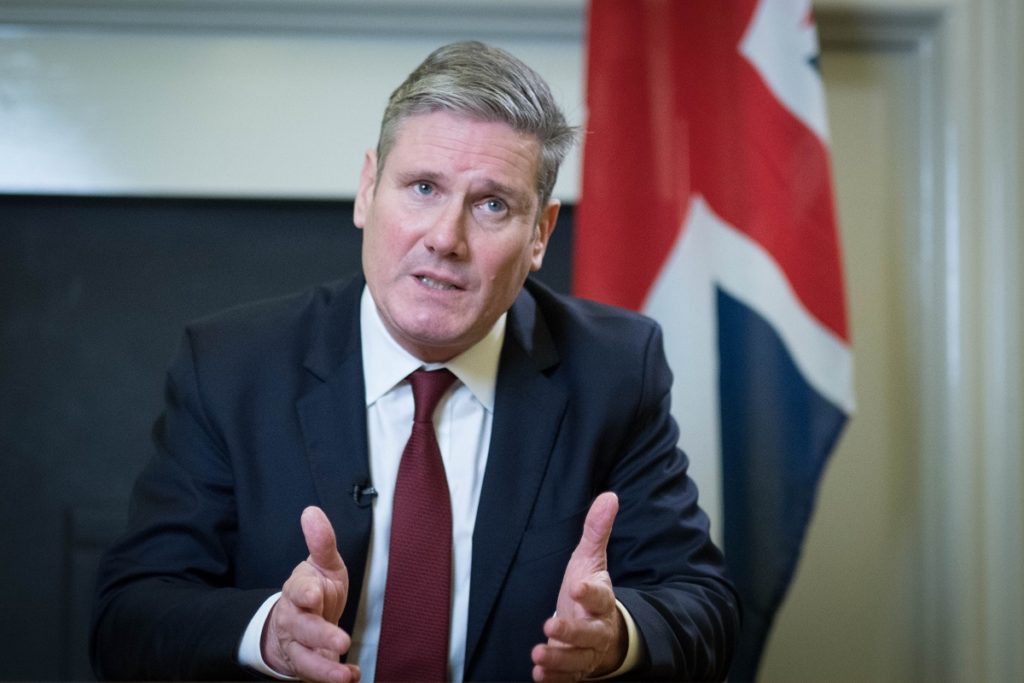Sir Keir Starmer appeared on “The Andrew Marr Show” this morning, with the ongoing Labour conference in Brighton providing the backdrop.
As expected, Sir Keir was met with a barrage of questions, touching on Labour policy and his own personal philosophy. But arguably the most difficult questions focussed on Starmer’s leadership style.
Questions over leadership style and charisma have frequently been levelled at Starmer ever since he assumed office in April 2020. Sir Keir has nonetheless insisted that his perceived weakness is due to his inability to meet and speak to the public during the Coronavirus pandemic.
It is widely recognised that the Labour conference in Brighton provides an important opportunity for Starmer to sell his political brand.


On this theme, Andrew Marr asked Sir Keir whether Labour needs a leader “who is a showman, and who is more emotional”. In response, Starmer insisted that he has no desire to be a “showman”, retorting that “people say that about Boris Johnson” – a politician whose style he has no intention of mirroring.
Pointing to Mark Drakeford in Wales, Starmer argued that alternative leadership styles can work. In May, Drakeford equalled Labour’s best-ever performance in a Senedd election, bucking the trend of Labour losses in England.
As evidence of his own strong leadership, Starmer highlighted his pushing through of new Labour Party leadership election rules. Although the “one-member-one-vote” rule will remain intact, a new package of Starmer-proposed rule changes is due to be voted on by Labour Party members shortly. Sir Keir told Marr that he was “happy” with the leadership election reforms being voted on.
On the matter of Trans-rights, Starmer said he had spoken to Rosie Duffield, the Labour MP who has attracted criticism for backing the view that women are people with a cervix, but refused to explicitly criticise or endorse the MP’s views. He instead asserted that the debate should not be reduced to simple questions.
On a further policy matter, Starmer revealed that he has no plans to nationalise the “big 6” energy companies. When drawn back to his recently published “10 principles” – one of which states “public services should be in public hands” – Starmer argued common ownership is not the same as nationalisation. As PM, Starmer declared he would be pragmatic when it came to nationalisation, using this opportunity to critique the government’s privately-run “Track-and-Trace” programme.









